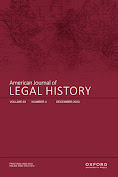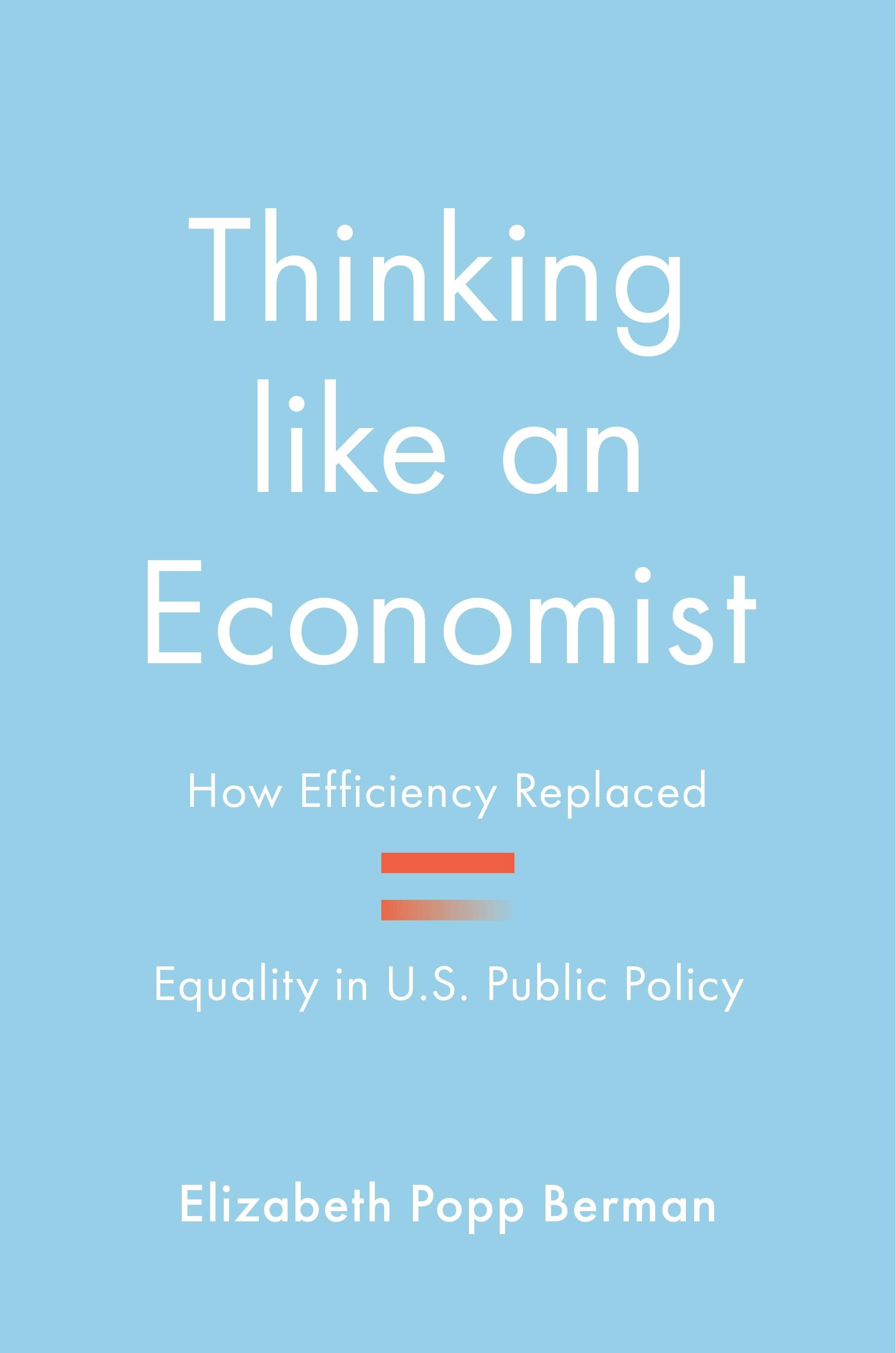Christopher L. Tomlins, Berkeley Law, has written, as a digital "flipbook,"
Legal History/History of Law at Berkeley, 1870-2024. Presently it resides here, although in time it might migrate to California Digital Library. (For good measure, we're putting a QR code at right.)
Here is Professor Tomlins's introduction:
As a field of study and practice in the modern university, history has always balanced, somewhat uneasily, between the humanities and the social sciences. The same is true of law. Is law art or science? Is it formed in the cloister of knowledge or the forensics of action?
Now put these two fields together. Legal history. Legal history purports to study the history of law – of legal discourse, and legal institutions, and legal cultures, and of the circumstances in and by which they are formed. Is this art studying art, or science studying science? Both?
At Berkeley, history and law have been entangled in one fashion or another virtually since the creation of the University of California in 1868, so this question – what is the connotation of “legal history”? – should always have been ripe for a response at the university, whether from among the academic lawyers of the law school or the scholarly historians of the history department. Instead, despite (or more likely because of) their original entanglement, each party mostly preferred to go its own way.
But developments at the law school in the 1960s and 1970s made their encounter unavoidable. First came the creation of an interdisciplinary “Center for the Study of Law and Society” (CSLS); then a PhD program called “Jurisprudence and Social Policy” (JSP), followed by an undergraduate “Legal Studies” program. Separately, but parallel to these developments, the law school became host to an extraordinary manuscript and rare book archive, the Robbins Collection, which made it a home (whether or not it wished to be) for ancient and medieval legal history, and the history of law and religion.
Legal History/History of Law at Berkeley, 1870-2024 is an account of the entanglement of history with law at Berkeley, both before and after the arrival of “law and society.” It describes how legal history at Berkeley was incubated in the law school. This came about despite the law school’s central institutional imperatives (its pedagogical and professional emphasis on training lawyers), but also partly in reputational tandem with those imperatives (the scholarly achievements of various high-profile faculty members, the development of its world-renowned rare book and manuscript archive). In substance, these roots meant that as it developed, legal history at Berkeley Law sprawled widely – beyond the history of the United States and beyond the practical context of “recent” history.
The creation of JSP in the mid-1970s did not mean any sudden new departure from these tendencies. Still, we will see that much would change in the fifty years following the program’s inception. JSP added a new and valuable center of orientation, with its own problems and possibilities to work out. Most important, it added graduate students. In the field of legal history it added emphasis on the United States where before there had been little, while simultaneously helping to ensure that Berkeley’s legal history would be deeply interdisciplinary – as one can tell from the dissertations written and from the careers pursued. This essential plurality of purpose would eventually become the character of legal history elsewhere on campus, in the History Department and beyond.
Over time, trends in legal scholarship, trends in historical scholarship, and the temptations and rewards of interdisciplinarity have slowly created a contemporary intellectual world at Berkeley in which legal history – the history of law and legal institutions, of legal discourse, and legal cultures, and legalities – has never been better served by a greater range of Berkeley scholars, campus-wide, than it is now. Legal History/History of Law at Berkeley, 1870-2024 tells the story of how this came to be.
--Dan Ernst








